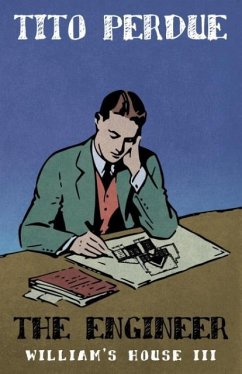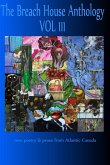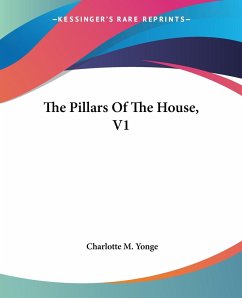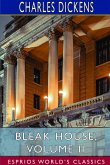This, the third volume in Tito Perdue's tetralogy, pulls the reader further into Young Albert Pefley's narrative, following his nascent career in engineering and many high-risk detours along the way. We follow Albert through his studies at the academy, where he finds professional favor, love, and a talent for boxing, up to New York and prestigious employment. But his soul lies in the South, and before long the Yankee lifestyle makes him hanker for the simple pleasures of William's house. The future is never simple for Albert however, and before long he finds himself chasing a dream on the Pacific, where many have tried their luck but few carry it through. A sweeping tale of youth's optimism and heartfelt values, The Engineer spans the breadth of a continent and put's Albert's determination to the greatest test so far... Tito Perdue was born in 1938 in Chile, the son of an electrical engineer from Alabama who was working there at the time. The family returned to Alabama in 1941. He graduated from the University of Texas in 1961, and spent some time working in New York City, an experience which garnered him his life-long hatred of urban life. Tito has devoted himself full-time to writing since 1983. His first novel, 1991's Lee, received favorable reviews in The New York Times, The Los Angeles Reader, and The New England Review of Books. Since then he has published ten other novels, including Morning Crafts (2013), which was also published by Arktos. In 2015 he was awarded the H. P. Lovecraft Prize for Literature. Spanning two generations, the William's House tetralogy chronicles the rise of the Pefleys in Alabama across the late nineteenth and early twentieth centuries. The struggles of father William Pefley and his wife Deborah against poverty, disease, and their own expectations are charted through the birth of their four sons and their varying destinies. Each one of these sons find themselves in positions beyond their father's expectation or influence, however it is in Young Albert that the story finds its grandest expression, and in which an emerging industrial America is symbolized through his entrepreneurial adventures and exotic travels. As control of their fate passes from father to son, the brothers find themselves in a world which is in transition, in which the Georgia that gave them their first memories is changing beyond recognition and can no longer hold them. But the call of family and memory always calls them home, back to William's house, where they first saw daylight.
Hinweis: Dieser Artikel kann nur an eine deutsche Lieferadresse ausgeliefert werden.
Hinweis: Dieser Artikel kann nur an eine deutsche Lieferadresse ausgeliefert werden.








